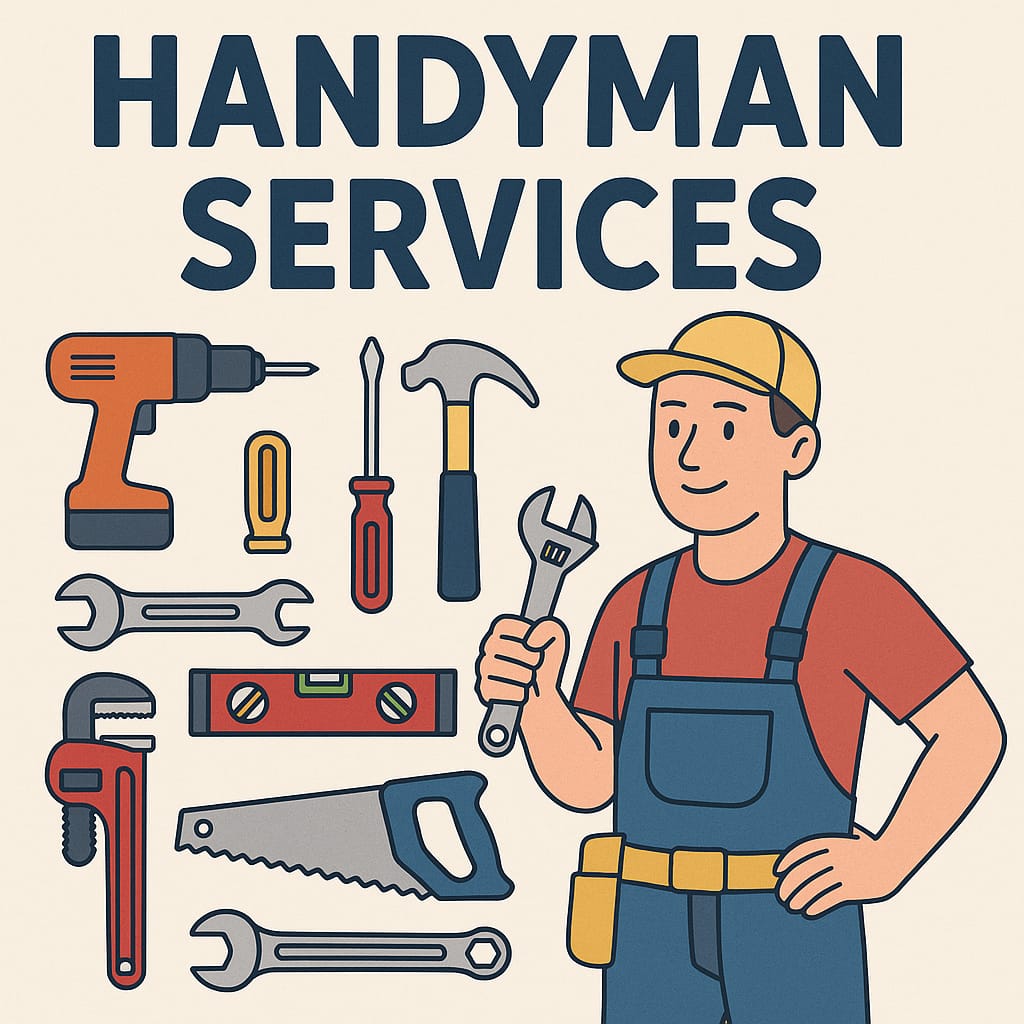Finding a carpet store near me is straightforward with many options available, from large chains like Home Depot and Walmart to specialized local retailers. These stores offer a variety of carpet types, including indoor, outdoor, and carpet tiles, suited for different spaces and budgets.
The best way to locate a carpet store nearby is to consider factors like product variety, pricing, and expert advice, which are often provided by local stores that understand community needs. Many stores also offer in-person consultations to help customers choose the right style and material for their home.
Whether looking for textured carpets, Berber styles, or hardwood alternatives, nearby flooring stores provide convenience and access to a broad range of products. Exploring both big box stores and local shops ensures buyers find quality options that meet their specific requirements.
Finding the Best Carpet Store Near Me
Choosing the right carpet store involves assessing product variety, quality, and customer support. Key factors include carpet types available, professional consultation services, and customer feedback.
Local Carpet Store Selection Criteria
When selecting a local carpet store, proximity is important but should not be the sole factor. Stores that offer a broad range of flooring options, including carpet, hardwood, laminate, and vinyl, provide more flexibility for home projects.
Pricing transparency and availability of installation services also matter. Some stores include free installation or offer certified installers to ensure quality results. Comparing quotes from multiple stores can help identify the best value.
Accessibility to samples and showroom visits aids decision-making. Stores with trained staff who guide customers through choices and measurements improve satisfaction.
Types of Carpeting Available
Carpet stores typically offer several carpet types. Common categories include:
- Nylon: Durable and stain-resistant, suitable for high-traffic areas.
- Polyester: Known for softness and color clarity but less durable.
- Olefin: Moisture and mildew resistant, ideal for basements or outdoor spaces.
- Wool: Natural fiber with high durability and excellent insulation but costs more.
Carpets come in various styles such as cut pile, loop pile, and cut-and-loop, affecting texture and longevity. Color options and patterns vary widely, so in-store samples help customers visualize the final look at home.
In-Store Consultation Services
Professional consultation is a critical service offered by many carpet stores. Associates assist in measuring rooms accurately and recommend carpet types suited for the space and lifestyle needs.
Some stores provide in-home trials or bring samples to customers’ homes for testing under natural light and existing furniture. They also offer project planning, budgeting assistance, and scheduling for installation services.
Consultants help clarify care requirements, warranty details, and customize solutions based on traffic, pets, or allergies, ensuring a well-informed purchase.
Customer Reviews and Ratings
Customer feedback provides valuable insights into store reliability and product quality. Reviewing ratings on platforms like Yelp or Google can reveal consistent strengths or issues.
Focus on experiences related to installation professionalism, timeliness, product durability, and post-purchase support. Higher-rated stores often demonstrate better customer service and product warranties.
Balancing positive reviews with any critical ones helps gauge how a store handles problems. Verified purchase reviews are more trustworthy than unverified or overly generic comments.
Making Your Carpet Purchase
Choosing the right carpet involves balancing cost, convenience, and future support. A clear understanding of pricing, installation methods, and warranty details will help ensure a smooth buying experience and long-lasting satisfaction.
Price Comparison and Budgeting
Price is a major factor when selecting carpet. It’s important to compare costs across different stores and brands to find the best value for the desired quality.
Buyers should consider the carpet material, pile height, and durability, as these impact cost. For example, nylon tends to be more affordable than wool but varies in resilience.
Additional expenses may include padding, labor, and removal of old flooring. Creating a detailed budget that accounts for these elements prevents surprises.
Taking advantage of store promotions or discounts can reduce overall cost. Some stores also offer bundled deals on carpet and installation.
Installation and Delivery Options
Installation services vary among stores. Many carpet retailers provide professional installation by licensed and insured experts, ensuring safety and quality.
Customers should ask about delivery timing, installation scheduling, and any extra fees. Some offer in-home consultations to measure space accurately before purchase.
Self-installation is possible but requires careful preparation and skill to avoid damage or uneven laying.
Delivery options may include curbside drop-off or full-service installation. Understanding these choices helps the buyer select the most suitable service.
After-Sales Support and Warranty
Carpet warranties protect against defects in material and workmanship for a specified period. Buyers should read warranty details thoroughly to know what is covered.
Some warranties cover stains or wear, while others exclude them. Proper care and cleaning often affect warranty validity.
After-sales support can include maintenance guidance, repair services, or even replacement under certain conditions.
Choosing a store known for reliable customer service ensures assistance is available if issues arise after purchase.







Leave a Reply